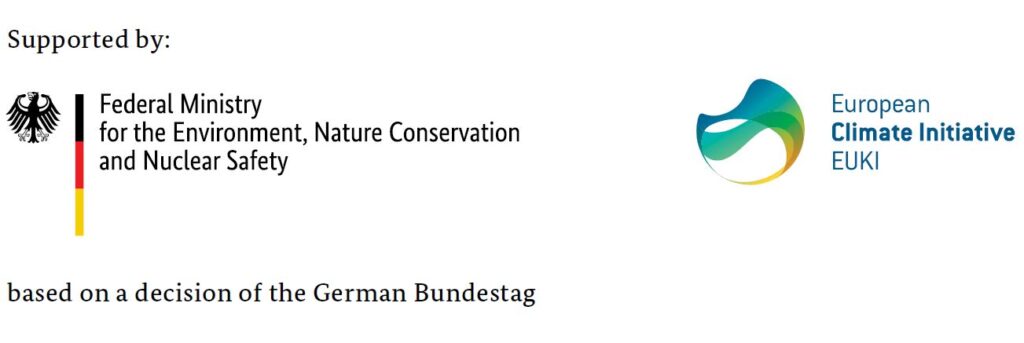A European network to accelerate the tracking of climate investments
ConferencesOn March 15th, 30 experts from governments, academia, think-tanks and public banks met in Berlin to lay the foundations for a new European network on climate finance. It intends to accelerate the tracking of climate and energy investments, and to improve the understanding of investments needs in order to support policy making at the EU level and in Member States.
This workshop was convened by I4CE, NewClimate Institute, WiseEuropa, IKEM, Czech Technical University in Prague (CVUT) and Riga Technical University (RTU).
This meeting was an opportunity to:
1. Exchange on methodologies for tracking climate finance and some new results from climate tracking in France, Germany, Czech Republic, Latvia and Poland.
2. Discuss methodologies for analysing investment needs, gaps and challenges, with the latest reviews from Germany and France
3. Discuss how climate finance tracking and an improved understanding of investment needs can support decision and policy making, e.g. the elaboration of National Energy and Climate Plans and Long-term Strategies.
The presentations from the day are available on the website of the project consortium.
The workshop is part of the projects:
- “Landscapes of Climate Finance: Promoting debate on climate finance flows in Central Europe”, supported by the European Climate Initiative (EUKI) and conducted by NewClimate Institute, WiseEuropa and I4CE
- “Climate Investment Capacity: climate finance dynamics & structure for financing the 2030 targets”, conducted by IKEM, CVUT and RTU.
This workshop was financed by the European Climate Initiative (EUKI) of the German Federal Ministry for the Environment, Nature Conservation and Nuclear Safety (BMU). It is the overarching goal of the EUKI to foster climate cooperation within the European Union (EU) in order to mitigate greenhouse gas emissions. The opinions put forward in this workshop are the sole responsibility of the organizers and do not necessarily reflect the views of the Federal Ministry for the Environment, Nature Conservation and Nuclear Safety (BMU).
